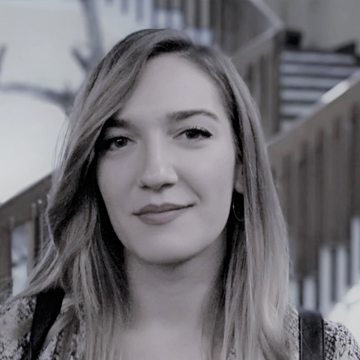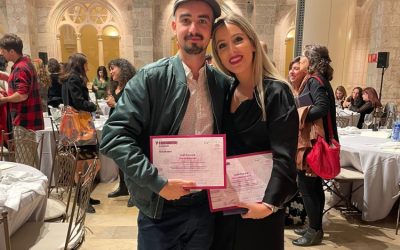The research we carry out analyzes the relationship between, on the one hand, the social class to which people belong or the fact of suffering to a greater or lesser degree the consequences of an economic crisis and, on the other hand, different psychosocial variables, such as socio-political behavior, subjective well-being, humor, dehumanization or trust. We currently have two research projects sponsored by Spanish institutions.
Projects
Previous projects
“Realidades macrosociales (crisis económica y clase social) y procesos psicosociales: confianza, bienestar, altruismo y política.” (Ref. PSI2017-83966-R). Ministerio de Economía y Competitividad. 2018-2020.
“Clase social, crisis económica y confianza. Variables psicosociales mediadoras y moderadoras.” (Ref. PSI2014-59659-R). Ministerio de Economía y Competitividad. 2015-2017.
Research team
Publications
2024
Vecina, M.L., Alonso-Ferres, M., López-García, L., & Díaz-Silveira, C. (2024). Eco-Anxiety and Trust in Science in Spain: Two Paths to Connect Climate Change Perceptions and General Willingness for Environmental Behavior. Sustainability, 16, 3187. https://doi.org/10.3390/su16083187
Alonso-Ferres, M., Sáez, G., Garrido-Macías, M., Navarro-Carrillo, G., Serrano-Montilla, C., & Valor-Segura, I. (2024). Inclusion of the Partner in the Self and its Association with Relational Quality and Quality of Life: An Analysis Based on the Actor-Partner Interdependence Model. International Journal of Social Psychology, 39(1), 117-141. https://doi.org/10.1177/02134748231221442
2023
Garrido-Macías, M. ., Herrera, A., Alonso-Ferres, M., & Herrera, M. C. (2023). Sexting Is Not Always Wanted: Consequences on Satisfaction and the Role of Sexual Coercion and Online Sexual Victimization. Annals of Psychology, 39(3), 354–363. https://doi.org/10.6018/analesps.514431
















